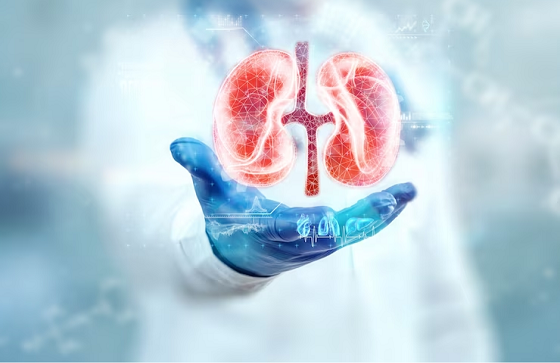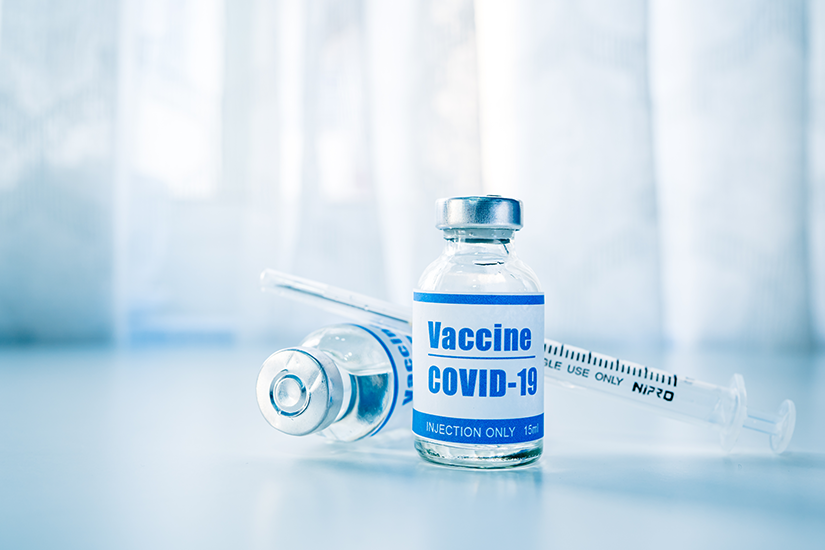- Emergency Ambulance Services
- 8606811111
- 0471-4077777, 0471-7177888
- gro@sutpattom.com
World Kidney Day – March 14
Dr. Vishnu R.S., Consultant Nephrologist, SUT Hospital, Pattom
Kidney diseases are increasing due to the rise of human life expectancy and lifestyle diseases such as diabetes and high blood pressure. The number of kidney patients worldwide has increased by 30% in the last decade.
17% of the population in India is diagnosed with kidney disease. Of these, eight out of every 1,000 are diagnosed with chronic renal failure (Chronic Kidney Disease Stage 4 & 5), a serious form of kidney disease. According to the survey on 2018, 1,75,000 people are undergoing dialysis. Some statistics show that it is available to only one-third of patients who need dialysis and the remaining succumbs to death. The number of deaths due to kidney disease has doubled from 5Lakh in 1990 to 11Lakh in 2016. We have not been able to reduce the death rate as the population grows.
In this context, the message of this year’s World Kidney Day “Kidney Health for All – Advancing Equitable Access to Care and Optimal Medication Practice” is of particular importance to our country. Diagnosis of kidney disease is one of the most difficult times in a person’s life. Kidney disease is often diagnosed in its late stages because the symptoms often do not show up early. The thought that kidney disease is not completely curable often leads to anxiety and depression. Kidney patients need to be provided with psychological support while ensuring proper treatment facilities. Kidney disease treatment now focuses on treating the external symptoms of kidney disease and increasing life expectancy.
Treatment for kidney disease
Medications: Depending on the underlying cause of kidney disease, medications may be prescribed to manage symptoms, control blood pressure, and reduce proteinuria (protein in the urine), or treat complications such as anaemia or bone disease.
Lifestyle changes: Adopting a healthy lifestyle can help slow the progression of kidney disease. This may include maintaining a balanced diet low in sodium and protein, quitting smoking, limiting alcohol intake, exercising regularly, and managing weight.
Dialysis: In advanced stages of kidney disease, when the kidneys are no longer able to adequately filter waste products from the blood, dialysis may be necessary. This involves using a machine to perform the functions of the kidneys, either temporarily or long-term.
Kidney transplant: For some individuals with end-stage kidney disease, a kidney transplant may be recommended. This involves surgically replacing a diseased kidney with a healthy one from a compatible donor.
Monitoring and management of complications: Regular monitoring of kidney function, blood pressure, and other relevant parameters is essential in managing kidney disease.
In short, kidney patients are not only facing the physical ailments but also the social, economic and psychological problems that result from it. A good society is one that considers a kidney patient as their father / mother / son / daughter and understands his / her difficulties, sets social and financial remedies for them and enables them to live happily. The time has come for all of us to stand together and strive for it.









